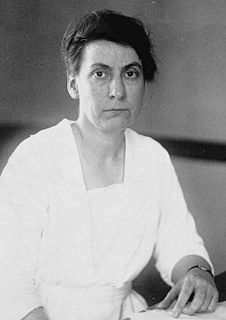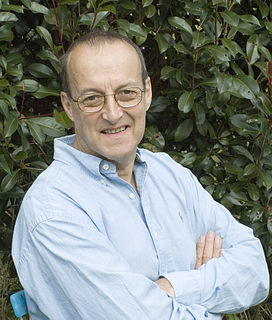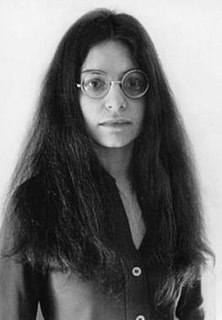Ein Zitat von Grace Abbott
Es sollte wiederholt werden, dass Kinder keine Taschenausgaben von Erwachsenen sind, denn die Kindheit ist eine Zeit des körperlichen Wachstums und der körperlichen Entwicklung, eine Zeit der Vorbereitung auf die Verantwortung eines Erwachsenen sowie auf das öffentliche und private Leben. Ein Programm für Kinder darf nicht nur eine Adaption des Programms für Erwachsene sein, noch sollte es in Zeiten einer Depression oder einer Notausweitung anderer Programme gekürzt werden.
Verwandte Zitate
Das neue Konzept des gleichberechtigten Kindes und die neue Integration von Kindern in das Erwachsenenleben haben zu einer allmählichen, aber sicheren Erosion dieser Grenzen beigetragen, die einst die Welt der Kinder von der Welt der Erwachsenen trennten und es Erwachsenen ermöglichten, Kinder anders zu behandeln als sie andere Erwachsene behandelten, weil sie verstanden hatten, dass Kinder anders sind.
In den Vereinigten Staaten besteht heute die allgegenwärtige Tendenz, Kinder als Erwachsene und Erwachsene als Kinder zu behandeln. Die Möglichkeiten von Kindern werden dadurch immer erweitert, während die von Erwachsenen zunehmend eingeschränkt werden. Das Ergebnis sind widerspenstige Kinder und kindische Erwachsene.
Was ist los mit unseren Kindern? Erwachsene fordern Kinder auf, beim Lügen und Betrügen ehrlich zu sein. Erwachsene sagen Kindern, sie sollen nicht gewalttätig sein, während sie Gewalt vermarkten und verherrlichen ... Ich glaube, dass die Heuchelei von Erwachsenen das größte Problem ist, mit dem Kinder in Amerika konfrontiert sind.
Ich habe immer an die Magie der Kindheit geglaubt und bin der Meinung, dass diese Magie niemals enden sollte, wenn man sein Leben richtig macht. Ich habe das Gefühl, dass, wenn Erwachsene ein Kinderbuch nicht richtig genießen können, entweder mit dem Buch oder mit dem Erwachsenen, der es liest, etwas nicht stimmt. Das ist natürlich nur eine kluge Art zu sagen, dass ich nicht erwachsen werden möchte.
Es gibt einen sehr großen Unterschied zwischen dem Schreiben für Kinder und dem Schreiben für junge Erwachsene. Das Erste, was ich sagen möchte, ist, dass „junger Erwachsener“ nicht „ältere Kinder“ bedeutet, sondern tatsächlich „jung, aber erwachsen“, und die Kategorie sollte als Teilmenge der Erwachsenenliteratur und nicht der Kinderbücher betrachtet werden.
Das Letzte, was Sie jemals tun möchten, ist, die Zeit der Gebrechlichkeit und Behinderung zu verlängern und die Gesundheit der Menschen für einen längeren Zeitraum zu beeinträchtigen. Daher sollte die Verlängerung der Lebensspanne an und für sich nicht das Ziel der Medizin sein, noch sollte sie das Ziel der öffentlichen Gesundheit sein, noch sollte sie das Ziel der Alterungswissenschaft sein.
Der Mythos vom Kindheitsglück blüht nicht deshalb so stark auf, weil es die Bedürfnisse von Kindern befriedigt, sondern weil es die Bedürfnisse von Erwachsenen befriedigt. In einer Kultur entfremdeter Menschen stirbt der Glaube, dass jeder mindestens eine gute Zeit im Leben ohne Sorgen und Plackerei hat, schwer. Und im Alter kann man damit natürlich nicht rechnen. Es muss also sein, dass Sie es bereits hatten.
Im Jahr 1600 reichte die Spezialisierung von Spielen und Freizeitbeschäftigungen nicht über die Kindheit hinaus; nach dem Alter von drei oder vier Jahren nahm sie ab und verschwand. Von da an spielte das Kind die gleichen Spiele wie der Erwachsene, entweder mit anderen Kindern oder mit Erwachsenen. . . . Umgekehrt spielten Erwachsene früher Spiele, die heute nur noch Kinder spielen.





































